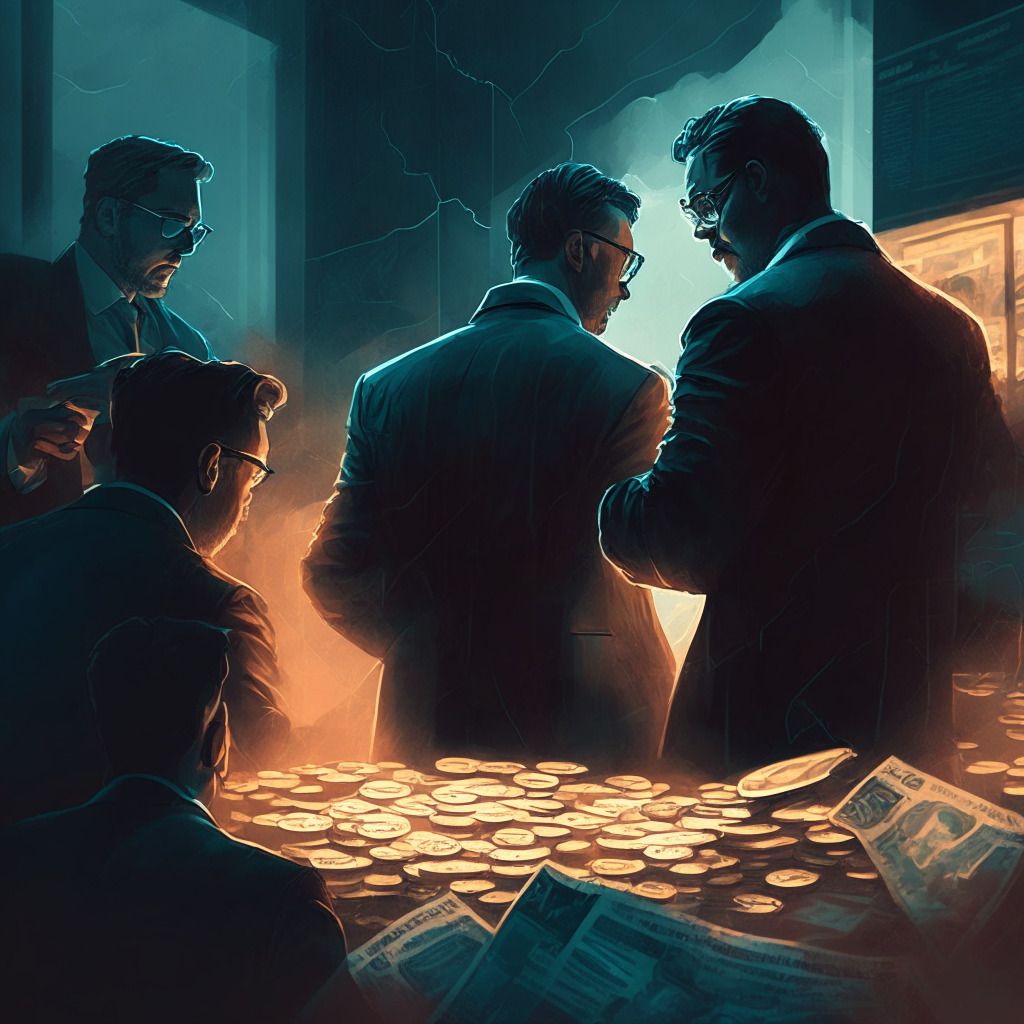In a recent settlement with the US Securities and Exchange Commission (SEC), former Coinbase manager Ishan Wahi and his brother, Nikhil Wahi, have agreed not to deny the SEC’s allegations of insider trading. The two brothers were accused of tipping and trading securities based on material nonpublic information, with Ishan allegedly helping his brother by sharing information about which cryptocurrencies would become tradable on Coinbase.
As Gurbir S. Grewal, Director of the SEC’s Division of Enforcement, stated in a press release, “While the technologies at issue in this case may be new, the conduct is not.” The Wahi brothers’ actions exemplify the age-old problem of insider trading, which can significantly undermine trust in the markets and harm investors.
In addition to this SEC settlement, the Wahi brothers have also pleaded conspiracy to wire fraud in a separate criminal case. Ishan was sentenced to two years, while Nikhil received a 10-month sentence.
Coinbase’s regulatory troubles are not over, however, as the company has received a Wells notice from the SEC. This means that the regulator is prepared to recommend formal charges to its five-member commission, putting the crypto exchange under further scrutiny.
One focal point of the case was the classification of nine cryptocurrencies as securities. This aspect of the case remains unresolved, as the SEC’s original complaint alleged that these cryptocurrencies were securities, but lawyers representing the Wahi brothers argued otherwise, stating that they were sold in the secondary market.
Rodrigo Seira, crypto counsel at Paradigm, sees the settlement as a “meaningful development for the industry.” He points out that the settlement does not admit any legal conclusions regarding the security status of tokens and does not require Wahi to pay any additional penalties beyond those owed for the separate criminal case.
The outcome of the Wahi brothers’ case serves as a reminder that insider trading remains a significant concern in the world of cryptocurrency and blockchain technology. As the industry continues to grow and evolve, regulatory oversight will become increasingly important to ensure a fair and transparent marketplace.
While the settlement does not set a legal precedent regarding the classification of certain cryptocurrencies as securities, it does bring attention to the ongoing debate surrounding the issue. As authorities worldwide grapple with how to treat and regulate digital assets, cases like this one demonstrate the complexities and challenges inherent in achieving a balanced and effective regulatory framework.
Source: Cryptonews




